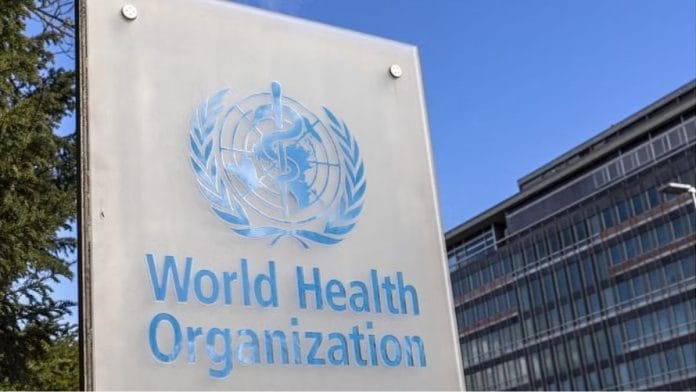New Delhi: The World Health Organization (WHO) has released its first ever clinical treatment guideline for tobacco cessation in adults.
WHO recommends a comprehensive set of tobacco cessation interventions, including behavioural support delivered by health-care providers, digital cessation interventions and pharmacological treatments.
The new guideline is expected to help more than 750 million tobacco users who want to quit all forms of tobacco be able to do so. It is part of a broader set of tools and resources developed by the WHO to support people quitting tobacco and reduce the impact of tobacco-related diseases.
The report recommends that combining medication and behavioural interventions significantly increases quitting success rates, with countries encouraged to provide these treatments at no or reduced cost to improve accessibility, particularly in low- and middle-income countries.
It also recommends that health care providers, policy makers, and stakeholders adopt and implement the guideline to promote tobacco cessation and improve the health of millions of people in need worldwide.
The WHO said that more than 60 per cent of the world’s 1.25 billion tobacco users want to quit, yet 70 per cent lack access to effective cessation services. This gap exists due to challenges faced by health systems, including resource limitations.
Also read: WHO calls on member countries to eliminate illicit trade in Tobacco, control unrecorded alcohol






